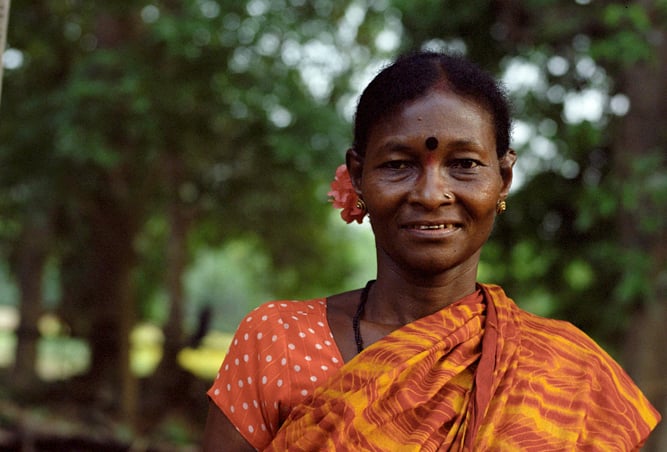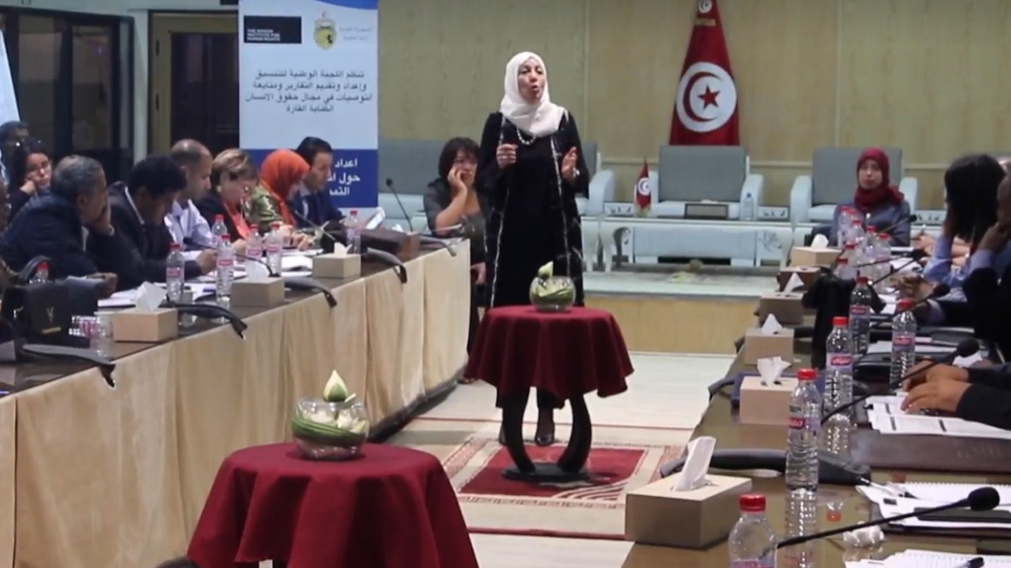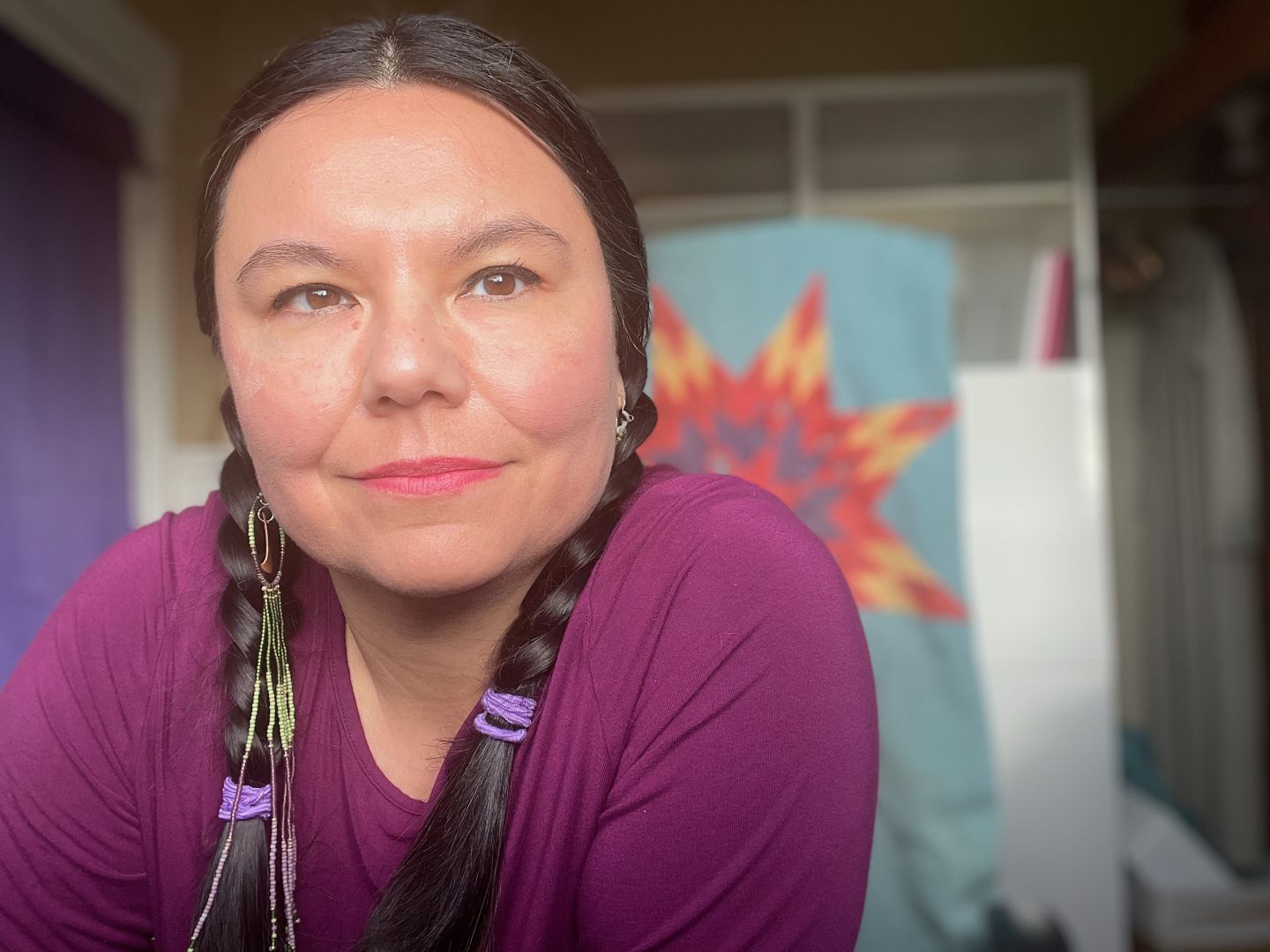Black Tunisians not only suffer from widespread poverty, exclusion in the job market and limited access to higher education, but are also largely absent from politics, media and other areas of public life. While underrepresented in Tunisian society, many black Tunisians are readily identifiable and subjected as a result to verbal abuse and even violence. In Southern Tunisia the situation is particularly disturbing, as the black community sometimes lives in isolated areas, such as Gosba village. A 2016 report revealed the existence of separate buses for black and white students in Sidi Maklouf, however it was reported to be a single incident after the outrage it sparked. More recently, research by the organization Mnemty found that regions with high concentrations of black students, particularly in the south, tend to be under-resourced in terms of social and health facilities, with higher incidence of non-attendance among black students due to child labour during school hours. This situation is ultimately reflected in disproportionate dropout rates in the community that in turn shape their future prospects in employment and public life.
Black Tunisians are still unable to access many areas of life. At present, there is only one black Tunisian reporter on national television and a single black parliamentary representative. Nevertheless, black Tunisians have seen significant progress in their situation since 2011, particularly as Tunisians have started to acknowledge racism. In this regard, the passing on 9 October 2018 of a law criminalizing racial discrimination by the Tunisian Parliament – making it the first Arab country to have such legislation – is a major milestone. Civil society organizations such as Mnemty have been fighting for years to make this possible. Indeed, the first conviction under the new legislation occurred in February 2019 when a woman was given a suspended jail sentence and fined by a court in Sfax for insulting her daughter’s teacher about her skin colour. This law was strengthened further in July 2020 when the Council of Ministers approved a decree for the creation of the National Commission for the Fight against Racial Discrimination, which will be in charge of implementing the 2018 law. However, at the time of writing (one year after the decree), the Commission had not yet been put in place. Through this law, MRG and its partners won a historic case in October 2020 that led to the removal of the word ‘Atig’ (meaning ‘liberated by’) from the patronym of a black Tunisian man. Although MRG has trained 150 lawyers on this new law and supported dozens of judicial proceedings, we have witnessed a lack of awareness on the part of police officers and judges who have not yet been trained by the state, as well as fear of presenting a lawsuit or lack of hope in the judicial system by many among the black community.
Another issue many black Tunisians face currently is their conflation with sub-Saharan African migrants, who form a distinct group. Some of them flee various humanitarian crises and conflicts and transit through North Africa with the intention of continuing to Europe. Others come to Tunisia as university students and workers. Regardless of whether they come with the intention to transit or to stay for study and economic reasons, many find themselves living in Tunisia for protracted periods. Much of Tunisian society, due to the invisibility of black Tunisians in public life, assume that all black people living in the country are of sub-Saharan origin, making it even harder for black Tunisians to be recognized.
Like black Tunisians, sub-Saharan migrants face racial discrimination, but their situation is compounded by language barriers, documentation issues and their limited access to education and health care. They are frequently abused, exploited and even subjected to targeted attacks. For instance, a prominent anti-racism campaigner Falikou Coulibaly was stabbed to death in Tunis at the end of December 2018; he had been the President of the Association of Ivorians in Tunisia (AIT). While the authorities stated that the killing was in connection with a theft, Coulibaly’s death nevertheless led hundreds of black Tunisians to demonstrate in the days afterwards against racist discrimination in the country and the lack of adequate response from the government. MRG through its Anti-Discrimination Points network has documented hundreds of cases of racial discrimination against black Tunisians and sub-Saharan migrants in 2019 and 2020.
A demonstration in solidarity with Black Lives Matter was organised by Mnemty and other groups in Tunisia in June 2020, being the first of its kind in the region.






